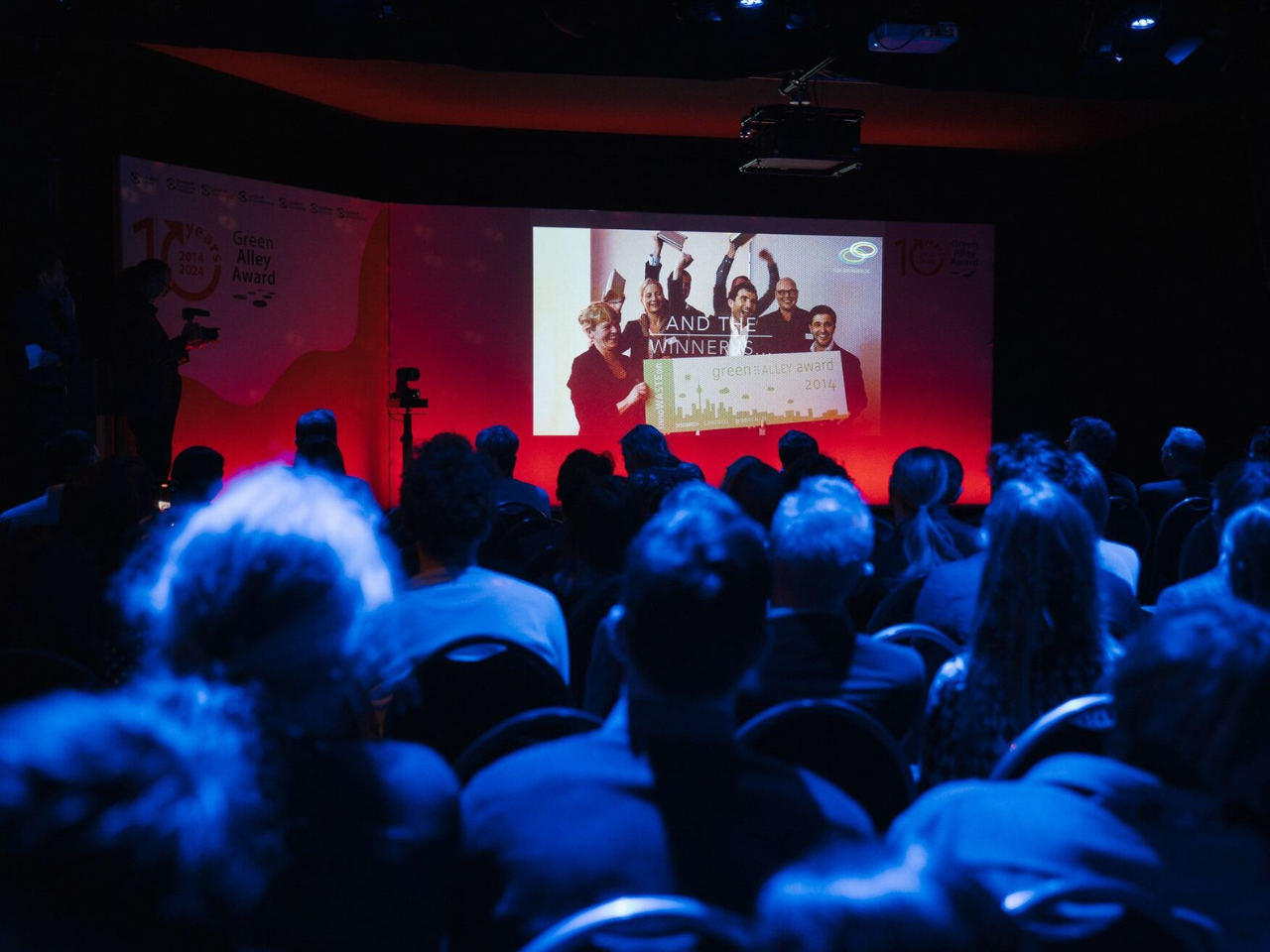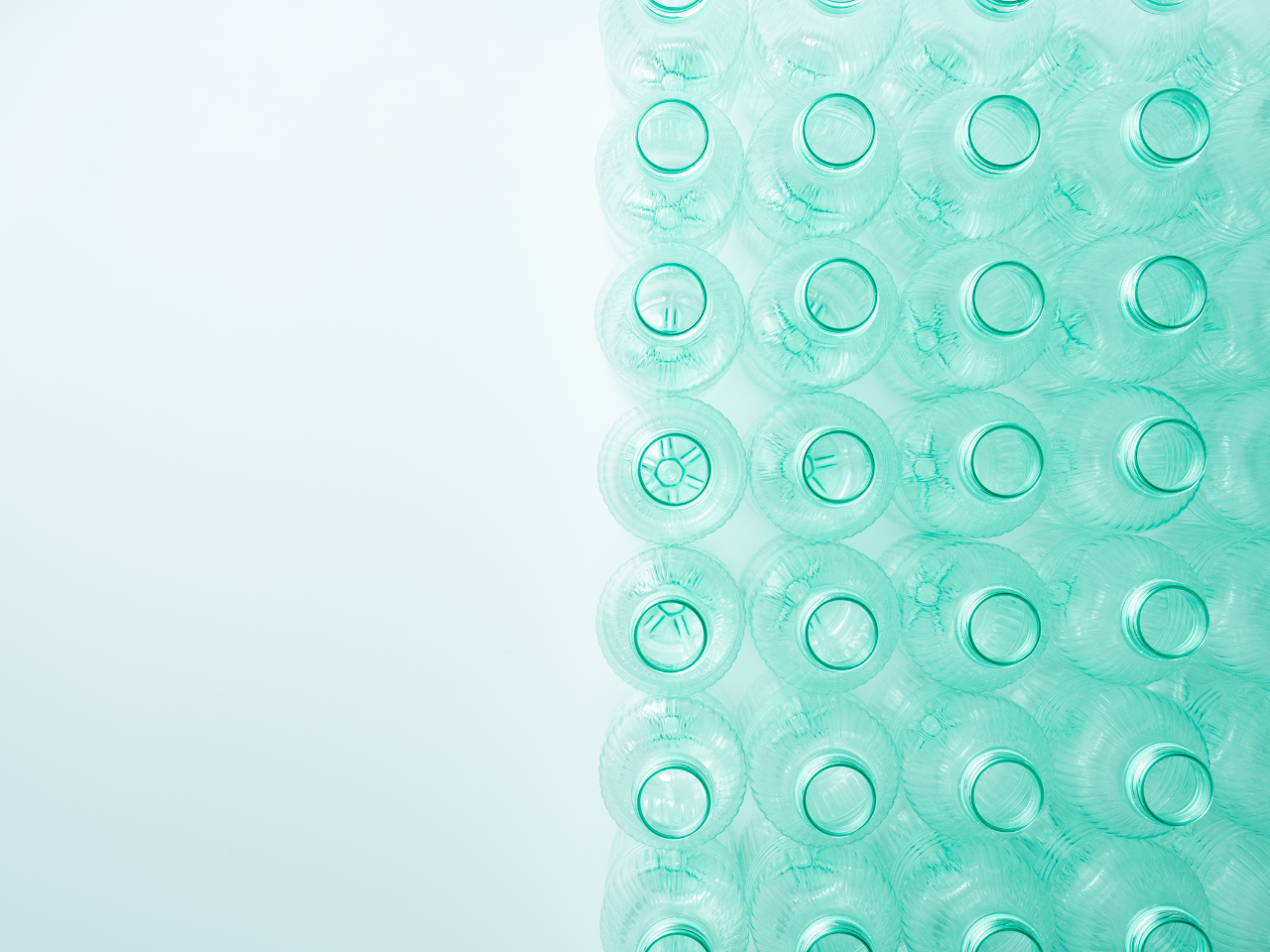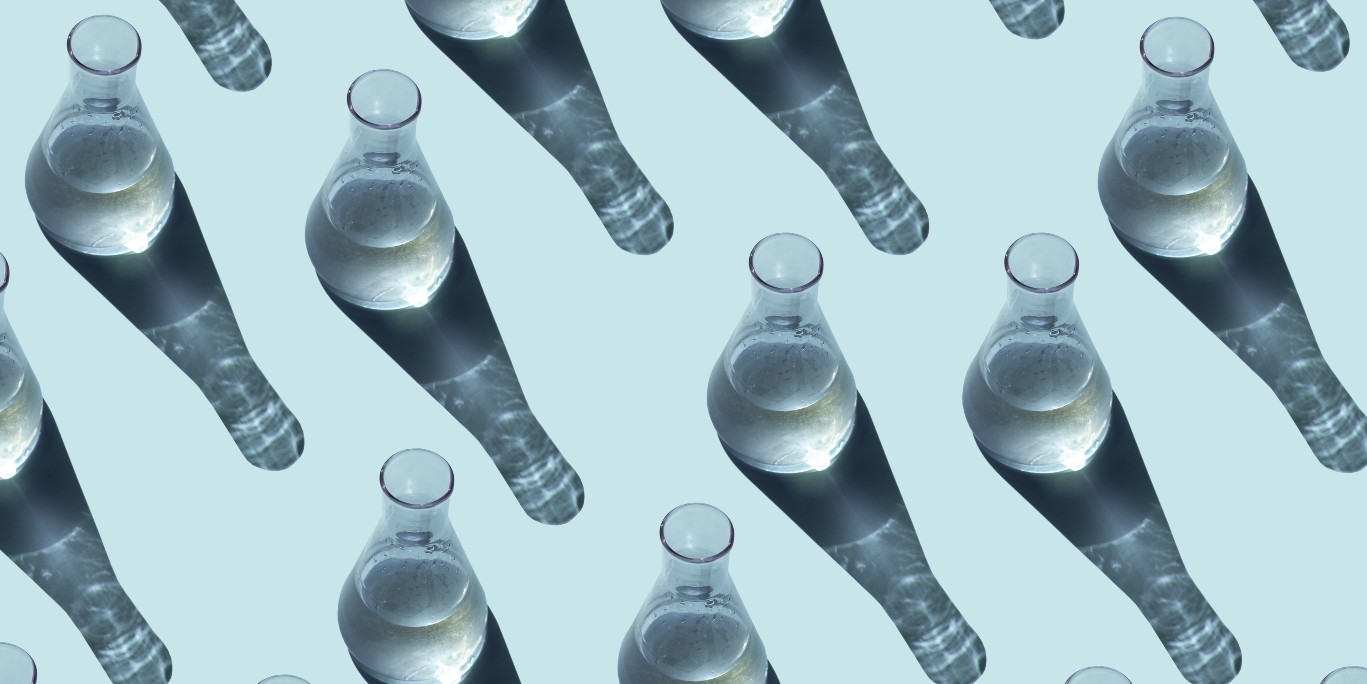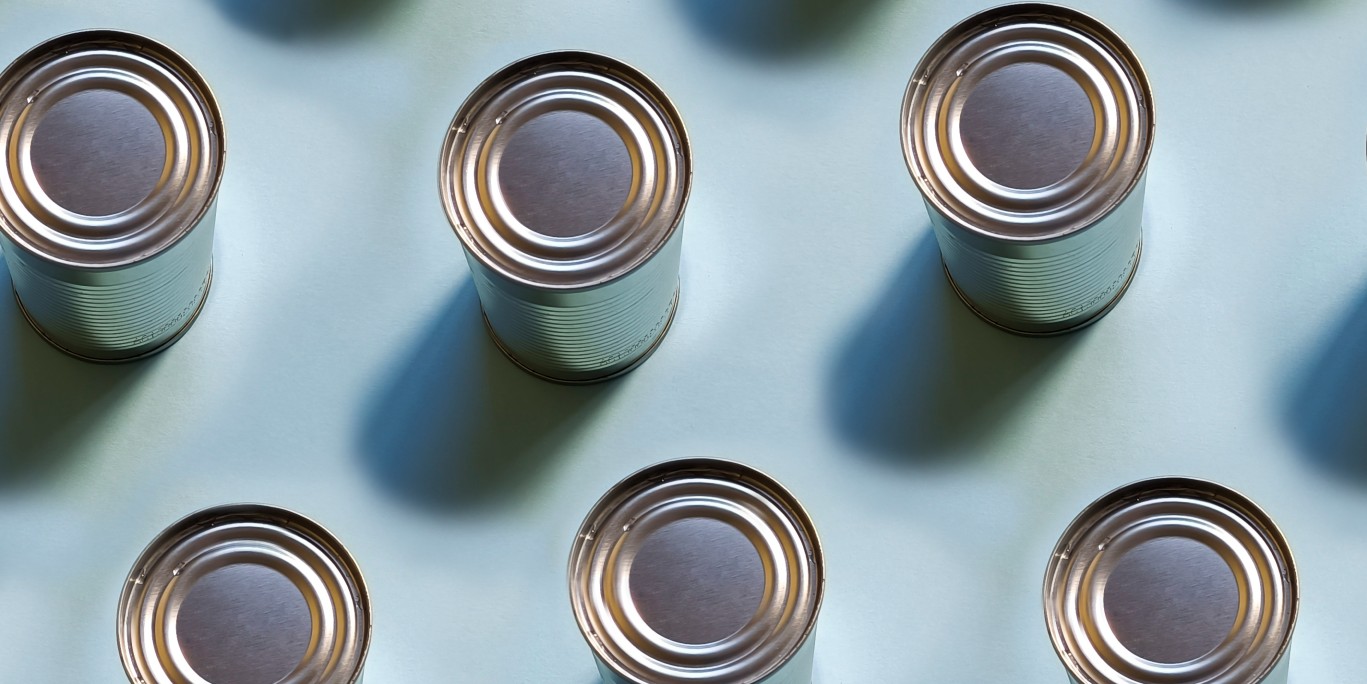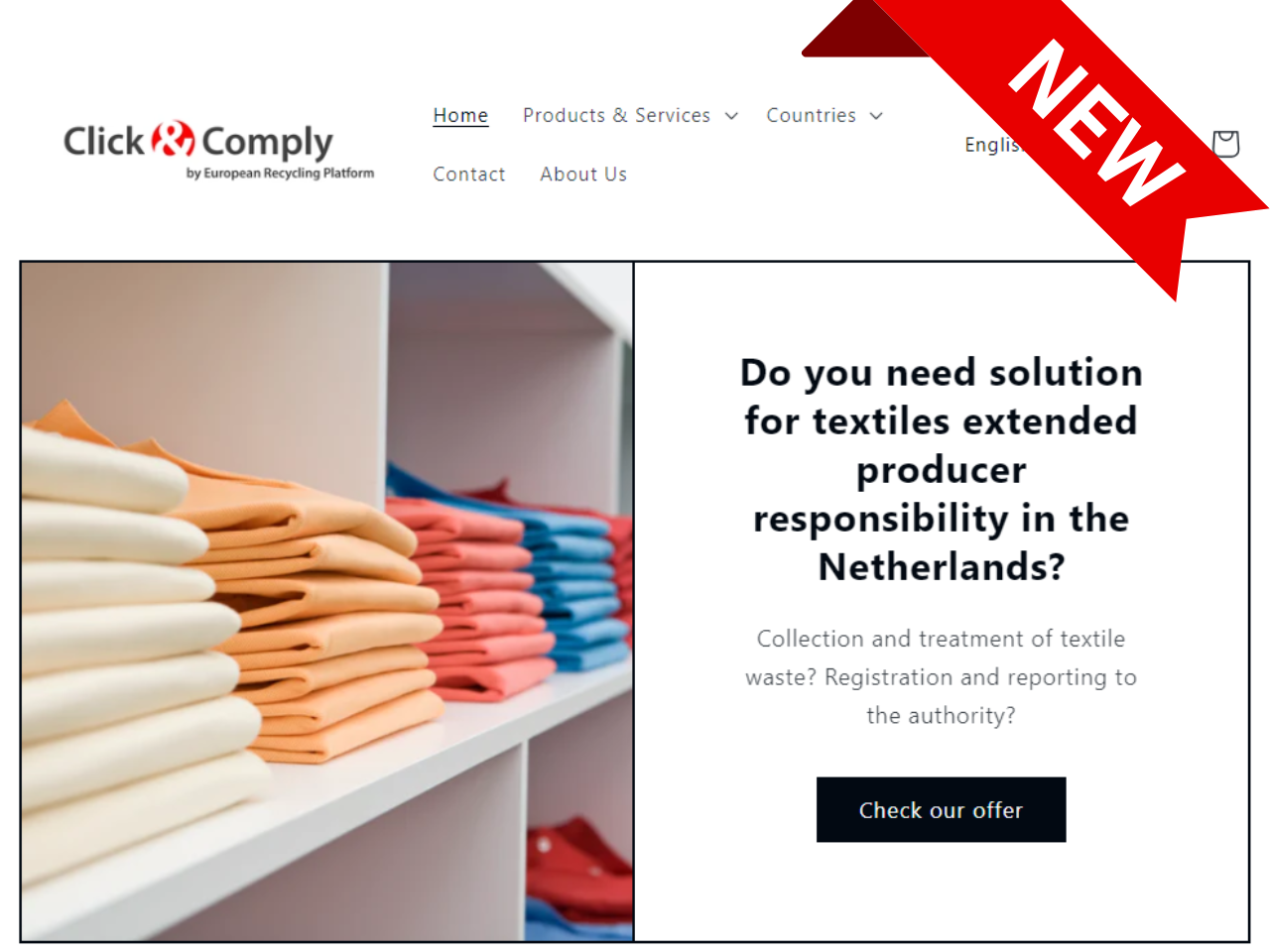What are the latest developments concerning environmental legislation globally? We’ve picked out some highlights for you for October 2022.
Landbell Group contributes to consultation on the Waste Framework Directive
Landbell Group company, European Recycling Platform (ERP) contributed to the public consultation on the revision of the EU Waste Framework Directive, which closed at the end of August.
Companies, associations and other interested parties were invited to fill out a comprehensive online questionnaire. All submissions, including the one from ERP, can be found here.
ERP also sent its position paper from February, in which it draws attention to important aspects that it believes should be addressed in the revision: for example, the modulation of fees.
The goal of the revision is, among other things, to strengthen the re-use of products and to improve the separate collection of waste. The European Commission’s legislative proposal is expected to be published in the second quarter of 2023.
Vote on Waste Shipment Regulation postponed
Negotiations within the European Parliament on the revision of the Waste Shipment Regulation are taking longer than expected.
The vote in the responsible Committee on the Environment, Public Health and Food Safety (ENVI), which was originally scheduled for September, has been postponed. A new date has not been set, but the final vote in the Parliament’s plenary is scheduled for 12 December. After that, the Parliament will start the so-called trialogue negotiations with the Council of the European Union and the European Commission.
With the revision, the Commission aims to facilitate the shipment of waste for recycling and reuse within the European Union and thus accelerate the transition to a circular economy.
New requirements for recycled plastics with food contact
In September, the European Commission adopted new requirements for the use of recycled plastics in food packaging. The regulation on recycled plastic materials and articles intended to come into contact with food is intended to close existing regulatory gaps and overcome hurdles for the uptake of plastic recyclates.
One of these hurdles is that recycled plastics largely originate from household waste and, therefore, can be contaminated. When used in food packaging, this contamination may end up in the food and pose a risk to human health.
To prevent this, the new regulation sets requirements for the production of such materials. For example, only plastic recyclates that have been manufactured using certain recycling technologies are allowed to be placed on the market. In addition, the regulation supports the development of so-called novel recycling technologies that enable the recycling of plastics that currently cannot be safely transformed into food contact materials.
The new regulation was published in the Official Journal of the European Union on 20th September 2022 and will enter into force on 10th October (20 days following publication). It will be directly applicable in all Member States.
Sign up for our monthly
report COMPASS here:
Your email



